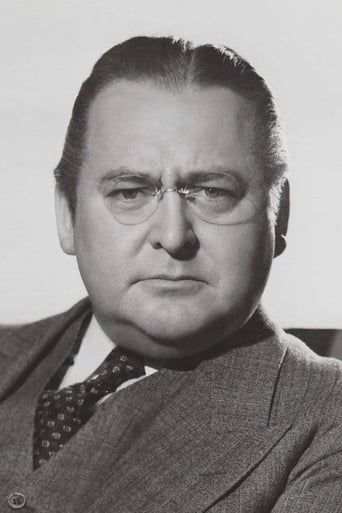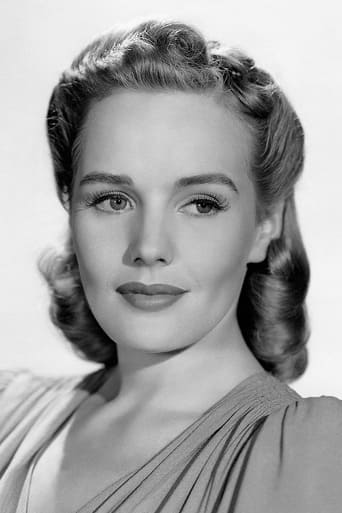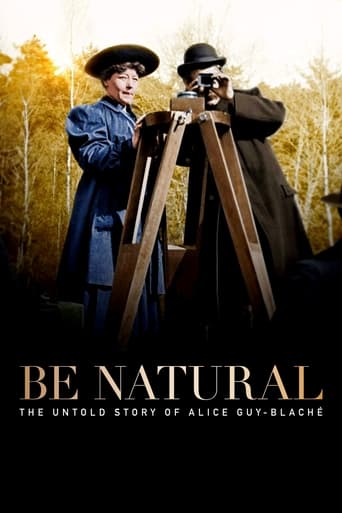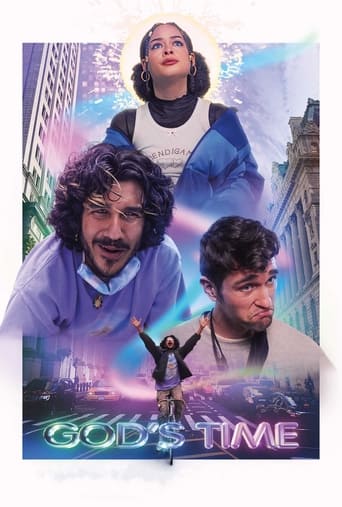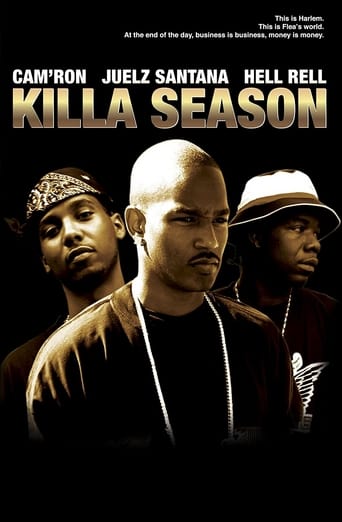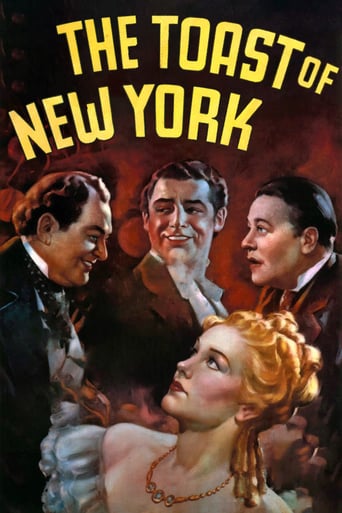
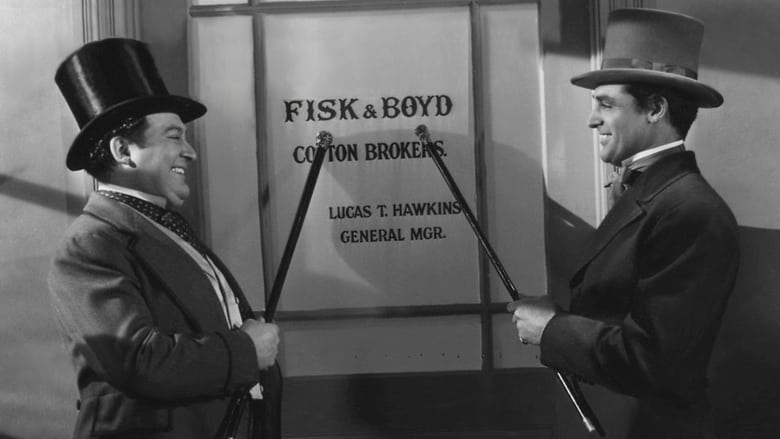
The Toast of New York (1937)
After the American Civil War, Jim Fisk, a former peddler and cotton smuggler, arrives in New York, along with his partners Nick and Luke, where he struggles to make his way through the treacherous world of Wall Street's financial markets.
Watch Trailer
Cast
Similar titles
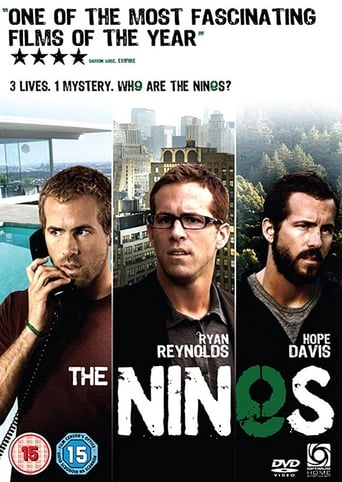
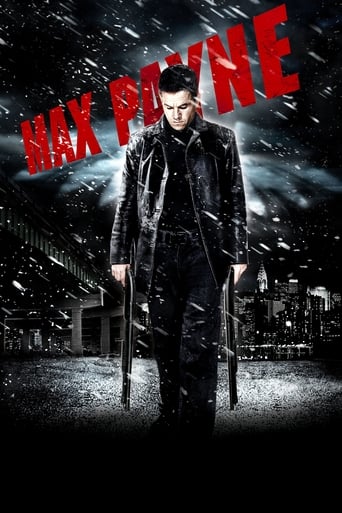
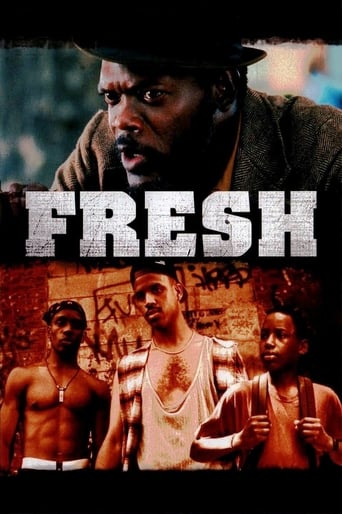
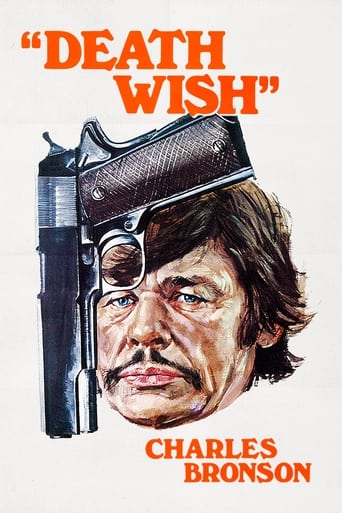
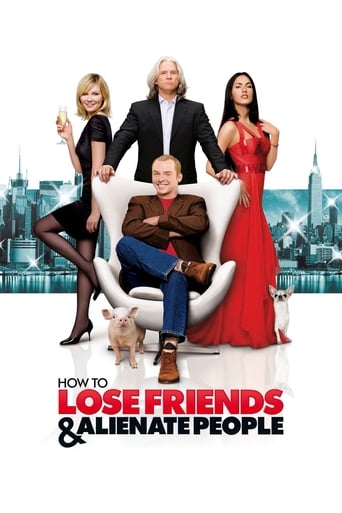
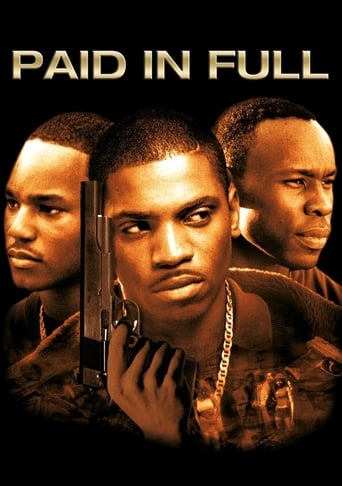
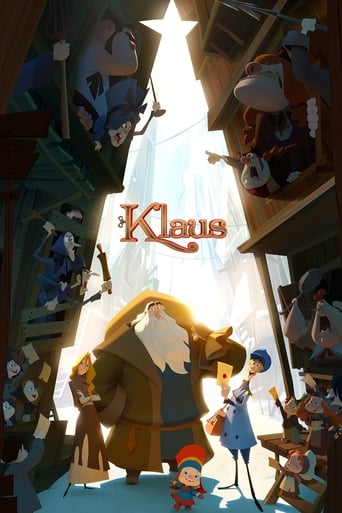
Reviews
I like the storyline of this show,it attract me so much
You won't be disappointed!
Undescribable Perfection
good back-story, and good acting
THE TOAST OF NEW YORK (RKO Radio, 1937), an Edward Small Production, directed by Rowland V. Lee, stars Edward Arnold in a fictional account of the rise and fall of Wall Street financier, James "Jim" Fisk Jr. (1934-1872). Having already starred as multi-millionaire, "Diamond Jim" Brady in DIAMOND JIM (Universal, 1935), it seemed natural for Arnold to pursue another biographical story centering upon the life of another famous man called "Jim." While Jim Fisk isn't as better known as Diamond Jim Brady, it does leave one to ask, "Who is Jim Fisk?" Based on "The Book of Daniel Drew" by Bouck White, and the story "Robber Barons" by Matthew Josephson, the opening passage offers an brief explanation to whom Jim Fisk is: "Jim Fisk - half genius, half clown - began life with empty pockets, a pack on his back, and a Yankee gift of gab. Loving a uniform - always in front of every parade - he became the Barnum of peddlers and then skyrocketed into high finance in Wall Street where in a few brief years he started a Nation with his colorful career, but in 1861 - before the first guns of the Civil War were fired - he was still an obscure peddler - somewhere South of the Mason & Dixon line." Set during a span of ten years, the plot opens in 1861 where Jim Fisk (Edward Arnold), a medicine show impresario assisted by Nick Boyd (Cary Grant) and Luke (Jack Oakie), get chased out of town by an angry mob after being exposed as fakes. Once passing the boarder onto the next state, Jim next get-rich-quick scheme has him sending Luke to Boston where he's to open an office while he and Nick remain behind to smuggle Southern cotton to the Northern states. At the close of the Civil War where the trio reunite, Fisk discovers Luke converted their profits into worthless Confederate bonds. Coming up with another plan to make millions, Fisk sells his business to Daniel Drew (Donald Meek), and contrives a controlling interest in the Erie Railroad. Before becoming a wealthy financial wizard of New York's stock market, he encounters Josie Mansfield (Frances Farmer), a maid working for temperamental French actress Mademoiselle Fleurigue (Thelma Leeds), and through his philosophy to "think big, talk big and be big," he arranges for the ambitious actress who becomes Jim's mistress to succeed on stage, much to the displeasure of Nick, who believes in himself Josie could become the cause of his financial ruin.With the champagne glasses and glittering lettering in the opening titles, THE TOAST OF NEW YORK appears to be an expensive lavish-scale production, and certainly is. With its large, impressive cast, THE TOAST OF NEW YORK is very much Edward Arnold's show from start to finish. Reuniting him for the second and final time with Frances Farmer (on loan from Paramount) from COME AND GET IT (Samuel Goldwyn, 1936), where her dual role characterization nearly overshadows Arnold's performance, this time it's Arnold who has the spotlight through his solid performance. Aside from appearing 22 minutes from the start of the story, Farmer's natural acting style which usually garners praise and attention spends much of her time in a Hollywood-ridden cliché pattern in a love/hate relationship with Cary Grant amounting to little challenge here. A fine performance on her part, Farmer's vocalization to the film's theme song is okay, but not as magical as her haunting rendition of "Aural Lee" from COME AND GET IT.Other worthy offering involving Farmer is the montage in segments involving her stage performance of "Twelve Temptations." Jack Oakie, always good to have around for comic relief, resumes his duties here in a some notable scenes, especially one that has Luke drilling a regiment of soldiers where everything goes comically wrong, as observed in disbelief by the Top Sergeant (Stanley Fields). Thelma Leeds as the French actress gives a performance reminiscent to Luise Rainer's Anna Held from THE GREAT ZIEGFELD (MGM, 1936), but unlike Rainer, no Academy Award nomination.During the course of 109 minutes, songs incorporated into the story include: "Opoh La La" (sung by Thelma Leeds); "The First Time I Saw You" (theme song sung by Frances Farmer); and "The Temptation Waltz." Others in the cast include Clarence Kolb (Cornelius Vanderbilt); Lionel Bellmore (President of the Board); and Mary Gordon (Mrs. Callahan). Look quickly for Hal Roach stock players of Laurel and Hardy comedies as James Finlayson and Billy Gilbert in smaller roles.As a biography, THE TOAST OF NEW YORK disappoints in accuracy. As a motion picture overall, it's quite good even with expected results. Largely overlooked and forgotten until distributed to home video in the 1980s, DVD (Turner Entertainment) and broadcasts on cable television including USA (1986-87), American Movie Classics (prior to 2000), the story and the rise to power of Jim Fisk and his relationship with Josie Mansfield can be seen occasionally on Turner Classic Movies. (***1/2)
It's rare to see the iconic Cary Grant get second billing, but in 1937, he did, under Edward Arnold in "The Toast of New York." This is the purported story of financial schemer Jim Fisk (Arnold), who, in the 1800s, tried to corner the gold market, oversold stock to his railroad company, and fled to New Jersey, continuing to print convertible bonds where no one could get him. The film takes a lot of liberties with the truth but it leaves no doubt that Fisk was a real character, beautifully portrayed by the talented, energetic Arnold. Grant plays his co-conspirator who also loves Fisk's discovery, Josie Mansfield (Frances Farmer). Fisk is madly in love with her and wants to make her a big star.I have to say the movie dragged for me, and I didn't find it particularly interesting. The point of interest in it today, I guess, would be the presence of Frances Farmer, whose fascinating story was made into "Frances" starring Jessica Lange (and wow, the resemblance is incredible). Farmer was very beautiful with a deep voice that didn't really match her looks. The fact that her life story made her better known than her film career ever could have shouldn't be confused with acting ability, which wasn't that great on film. She was probably much more effective on stage. She doesn't register much here -in fact, the only ones who do are Arnold and Donald Meek. Handsome Grant doesn't have much to do - seen today, that's disconcerting. Viewers are used to him being the whole show.Overall, a disappointment, though Arnold was a strong actor who usually did supporting roles. This is a rare lead for him, and he's more than up to the task.
In my opinion the finest character actor of the 1930s - mid 1940s was Edward Arnold, whose tragedy (although he would not have seen it that way) was that his acting career was not in a period when leading men (with the exception of the Englishman, Charles Laughton) could be fat. Arnold gave first rate performances time and time again in straight dramas and comic parts. But he was plump, in an age when you hoped a make-up man could make you look like Tyrone Power (as the original lyrics of Hooray for Hollywood suggested). Still he got quite some milage out of his abundant acting talent, expecially playing historical rich men: Diamond Jim Brady (in two films), General John Sutter, and here - "Col." James Fisk, Jr. And his performance, abetted by Frances Farmer, Cary Grant, Jack Oakie, Donald Meek, and Clarence Kolb, makes this film stay alive. It is an entertaining film - but is it historically correct.Well, it has some of the facts (although it's basis in Matthew Josephson's left wing histories of finance are barely correct). Fisk was a greedy man - no denying it. He did get involved in fighting Vanderbilt (allied with "Uncle Dan'l" Drew)in getting control of the Erie Railroad. He did flee to New Jersey with the printing press to continue printing shares of Erie stock away from Vanderbilt's legal writs. He did try to corner the gold market. And he did romance Josie Mansfield (Farmer). But Vanderbilt was no saint - he was as ruthless as Fisk. Drew was a pretty slippery customer too (here seen to be too easily cowed or frightened). Missing here is Fisk's real partner in cunning (apparently also a really close friend too) Jay Gould. Why he isn't in the film is curious. So is the muted character played by Cary Grant. Grant is Ned Boyd, and aside from being an early ally of Fisk, and later his chief critic (in the Gold Panic), he has little to do but pine for Mansfield. In reality, the character is based on Edward Stokes, Fisk's former friend and business associate who turned on him, out of jealousy, and with Mansfield blackmailed the man - or tried to. Stokes would eventually shoot Fisk (who in real life did fall down a staircase, but in a hotel). Fisk died in 1872. One day his tragic betrayal and death would make an ideal movie. But Arnold can't play it - alas!!
Great film - starts out as a whimsical joyride and ends with a thought-provoking meditation on the evils of greed. Arnold is grand as the larger than life huckster turned Wall Street whiz. Farmer is his temptation (she actually stars in a musical by that name in the movie) and boy does Arnold take the bait. Unusual mix of biblical imagery and slapstick, but it all holds together. One point of interest - Arnold and Farmer play almost exactly the same characters in another movie of that period - "Come and Get it"
